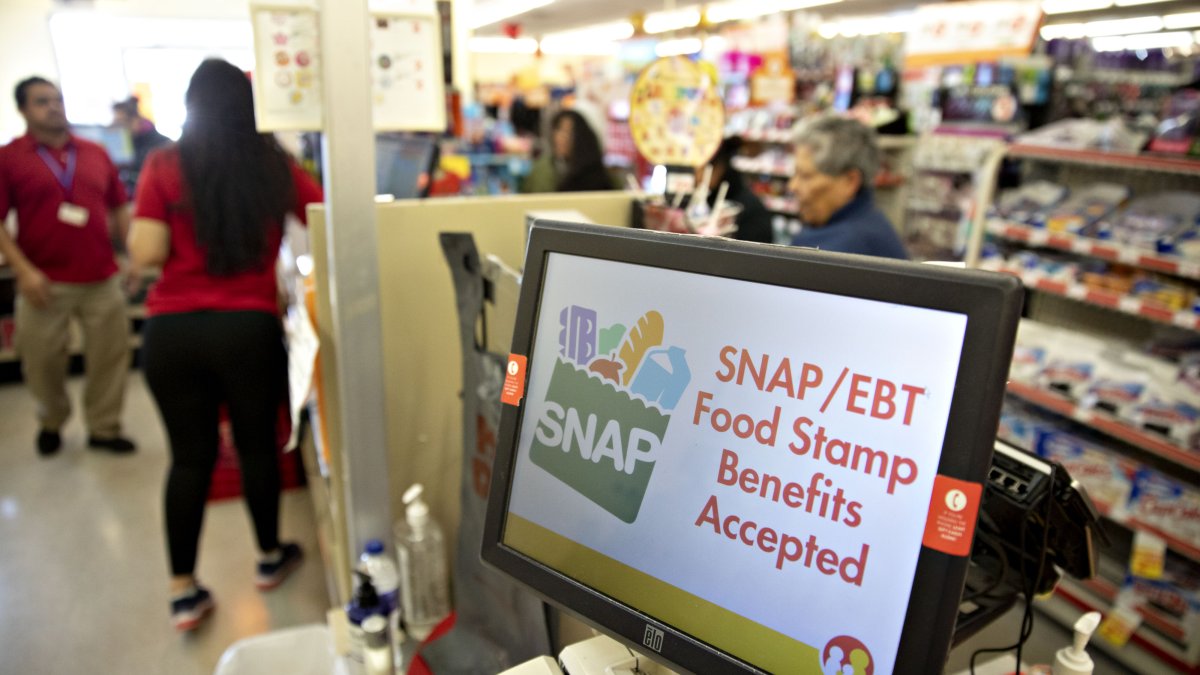In a 51-49 vote, a massive spending package cleared the U.S. Senate Saturday night moving one step closer to the president’s desk.
Included in the list of programs on the chopping block for funding — The Supplemental Nutrition Assistance Program.
Food insecurity experts worry slashing funding for food programs like the Supplemental Assistance Program will leave thousands of families hungry.
“It would be very detrimental to a lot of families,” Jessica Clark said.
Clark said the benefits the federal aid program known as SNAP offers are very helpful.
She knows because they were a lifeline for her during a time of crisis.
“It was huge, it was life changing because I could keep my car to go to work. I only got about 200 dollars a month, which was way less than I would have gotten in child support, but that 200 dollars went to my car payment so I could keep going to my job and I used it as a steppingstone off of it,” Clark said.
Although she no longer relies on SNAP, she worries for those who do.
“I think families will be devastated and I think they’ll have to choose between making electricity or gas payments, or feeding their kids, it’d be awful,” Clark said.
According to the San Diego Hunger Coalition, more than 400,000 San Diegans participated in SNAP as of April of this year.
In California, the program is known as CalFresh.
They say the proposed cuts could force CalFresh to remove 67,000 recipients from its program, increasing a monthly meal gap they say cannot be filled solely by charitable food programs.
A sentiment echoed by Carissa Casares with feeding San Diego who is equally worried about the potential cuts.
“When you think about the people that are, you know, at risk right now of experiencing food insecurity, we’re talking about seniors, we’re talking about children, we’re talking about parents we’re talking about military families, there are no one is exempt from it,” Casares said.
Natalie Barreda said she knows teachers who are trying to figure out a plan for students and their families who depend on the program to keep food on their table.
“It’s literally taking resources from a community that’s already in a really rough spot,” Barreda said.
It’s unclear if the package will pass the house ahead of the fourth of July deadline.
